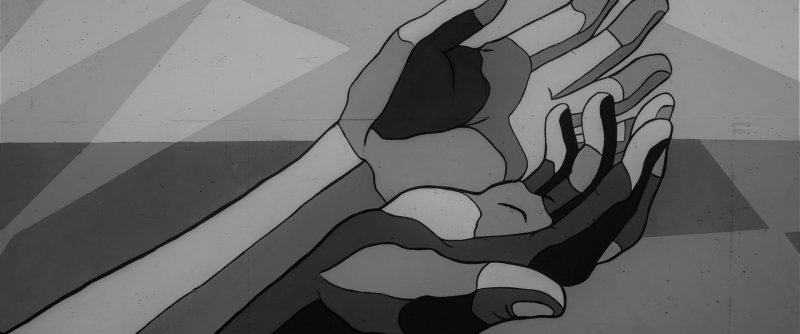It’s easy for psychiatry, psychology and psychodynamic psychotherapy to be confused, so in this article, we will provide definitions and distinctions between them all. As the psychodynamic model is what we do, we may be biased. However, there is research that suggests the effectiveness of therapeutic approaches is pretty equal, and that the relationship with your therapist is more important than the model of therapy.
Psychiatry
Psychiatry isn’t necessarily a therapy, but focuses on the diagnosis, treatment and prevention of mental disorders. It takes a scientific, biological pathway to the treatment of mental disorders with the main treatment being medicine or drugs like anti-depressants or anti-psychotics.
In psychiatry, mental disorders are seen through chemical imbalances known as biological psychiatry. People seek psychiatry for many reasons such as panic attacks, hallucinations, suicidal thoughts or hearing voices. In psychiatry, there are other areas like social psychiatry which challenge the typical view that mental illnesses are caused by abnormal thoughts as well as biological and social factors.
Counselling Psychology
Counselling provides a safe space for you to talk to a trained professional about your issues and your concerns. You will work with your therapist to explore your thoughts, feelings, and behaviours to help you develop a better understanding of yourself. During counselling psychology, a counsellor will not give you their opinions, advice or prescribe medications, they will help you come to your own solutions. Whether that be making changes to your life or finding coping mechanisms.
Counselling psychologists use a broad range of treatments to help people who are struggling with stress, anxiety, emotional crises, or behavioural disorders. the British Psychological Society states that “As a science psychology functions as both a thriving academic discipline and a vital professional practice, one dedicated to the study of human behaviour – and the thoughts, feelings, and motivations behind it – through observation, measurement, and testing, to form conclusions that are based on sound scientific methodology.”.
Although counselling psychology helps many people, there are critiques surrounding the scientific methods. For example, scientists at Amgen, the biotechnology company, set out to replicate 53 landmark studies that ended up being accepted as fact. However, they were only able to replicate 11% of the time. This proves that science is fundamentally flawed when carried out by humans as it is often driven by unconscious bias.
Psychodynamic Psychotherapy
Psychodynamic therapy is a type of therapy that helps you understand your current feelings and behaviours are shaped by your past experiences. It is important during this therapy to have a good relationship with your therapist that is accepting, trusting and open. This encourages you to talk freely about topics like your childhood and your relationship with your parents.
A downfall to psychodynamic psychotherapy is that it is often unfocused with no clear goals. Barnaby Barrat, a radical psychoanalyst defines psychodynamics as “an understanding of the human condition that is non-manipulatively interested in the meaning of life’s events for the participant and one that is holistically interested in ‘mind, body and spirit’”.
Brighton and Hove Psychotherapy is a collective of experienced psychotherapists, psychologists and counsellors working with a range of client groups, including fellow therapists and health professionals. If you would like more information, or an informal discussion please get in touch. Online therapy is available.

Leave a Reply